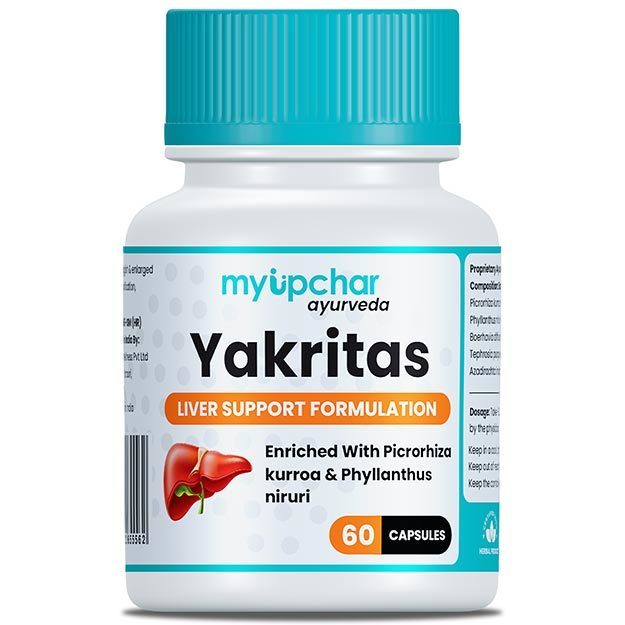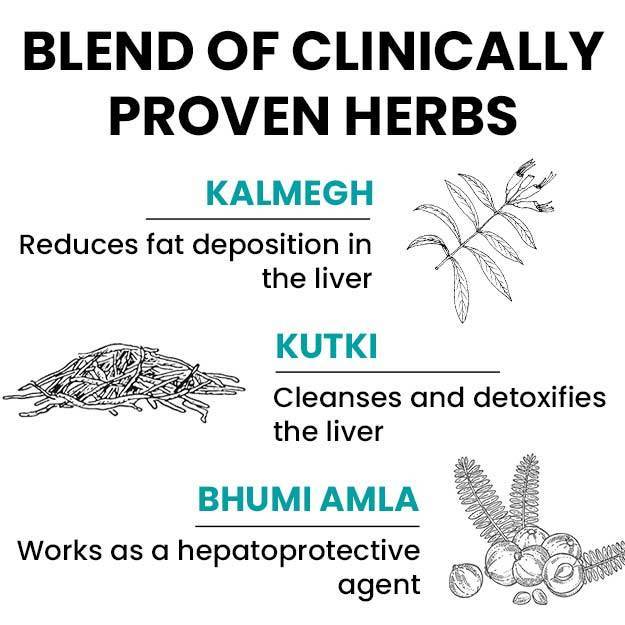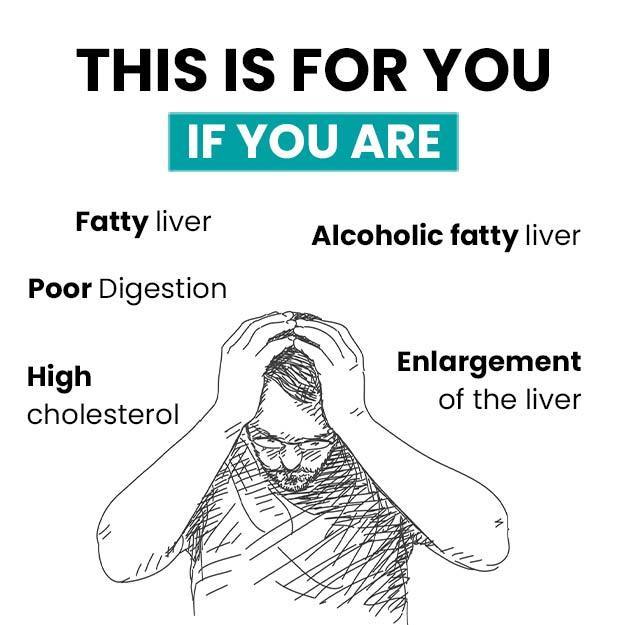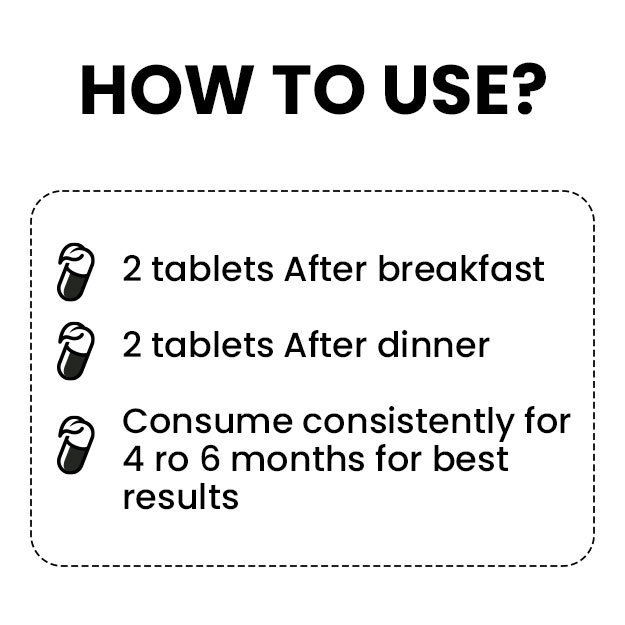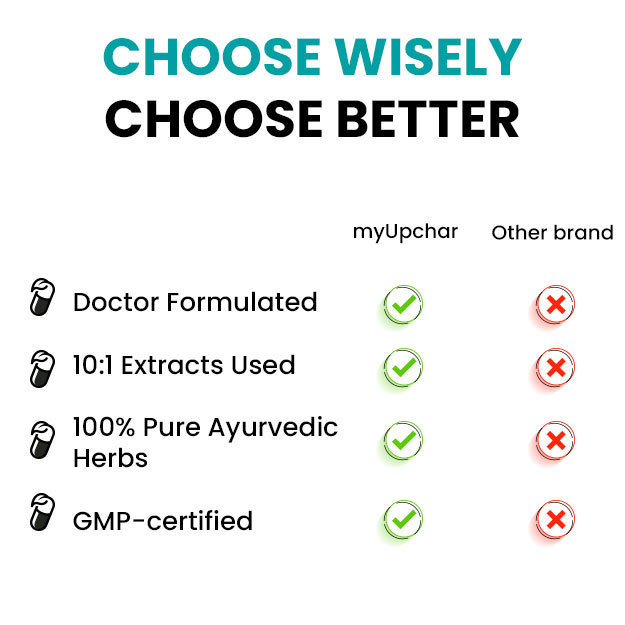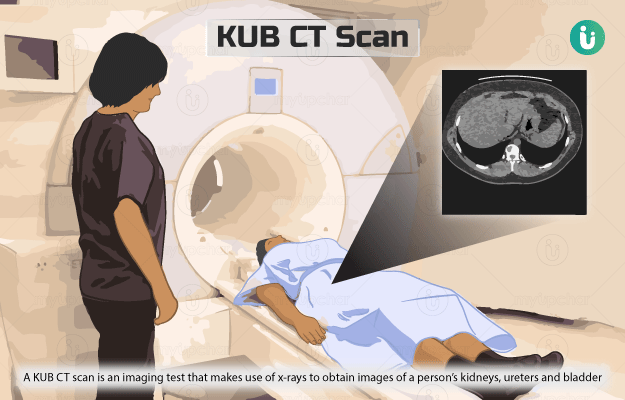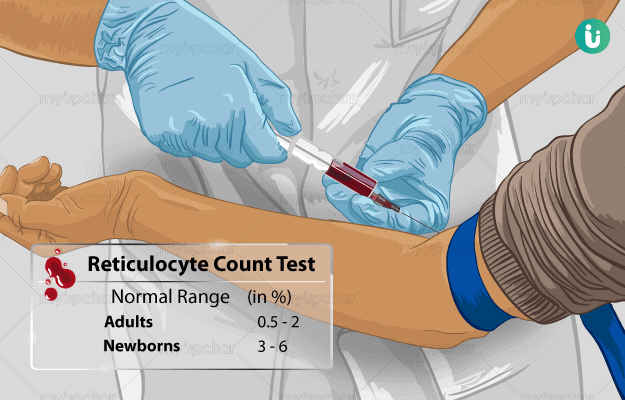What is a Hepatitis B test?
A hepatitis B test is used to detect the presence of hepatitis B surface antigen (HBsAg), antibodies produced as a response to hepatitis B virus (HBV) infection or the DNA of hepatitis B virus (HBV) in body. It is mainly done as a screening test for HBV infection, detecting a previous exposure or guiding and monitoring treatment for Hepatitis B. The type of infection, ie acute or chronic, can also be determined with this test.
HBV can cause acute or chronic infection and can result in liver damage and inflammation.
An acute infection is a short-term infection. Usually, in this type of infection, body’s immune system destroys the virus, and the symptoms subside within a few weeks. Chronic infection is a long-term infection that takes a longer time to subside. The virus is not easily destroyed in this case. Another state known as the carrier state can also be seen. It is characterised by a persistent infection, but no liver inflammation is observed in this case. Thus, a carrier, with HBV infection will be in good health, but can infect healthy individuals.





